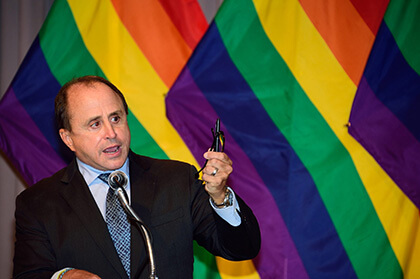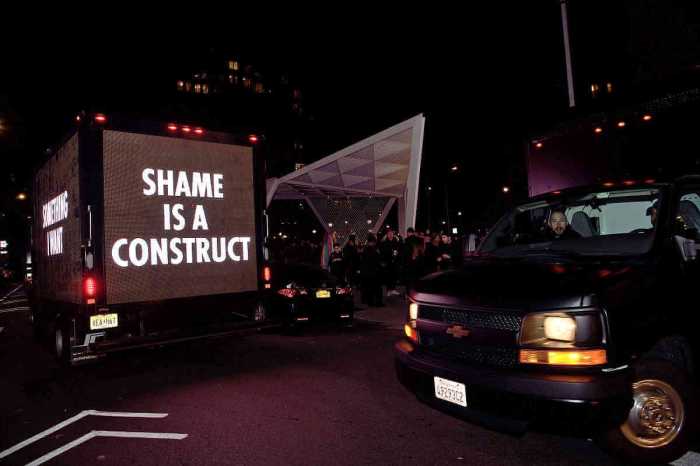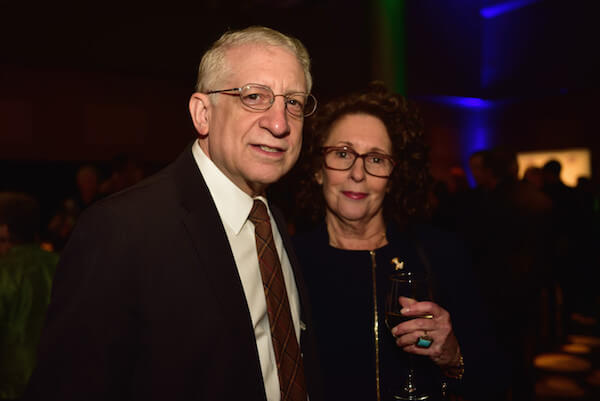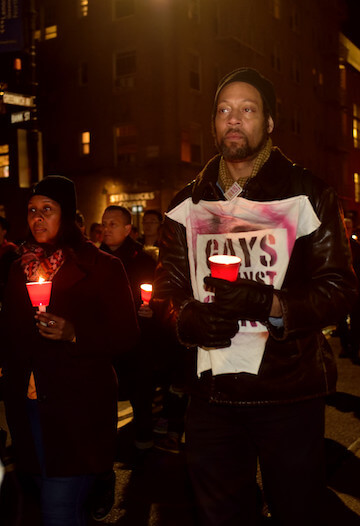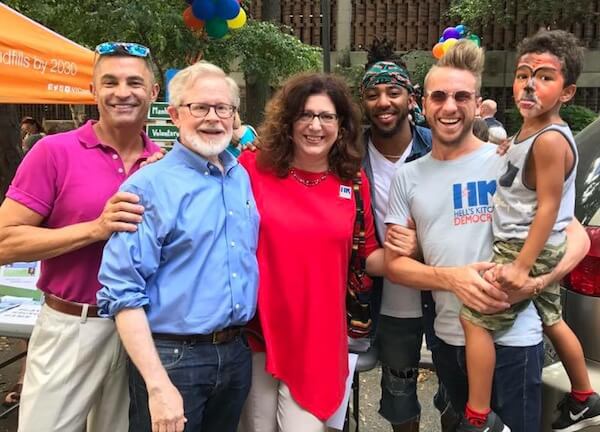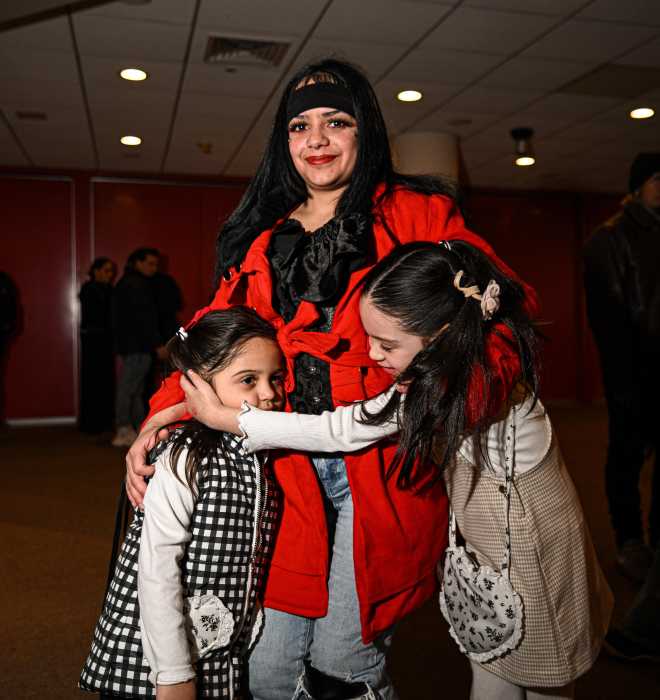The past several days have witnessed two impressive examples of how activism — patient, persistent, uncompromising, and unwilling to settle — can pay off in the end.
On Tuesday, the organizers of the annual St. Patrick’s Day Parade announced they would, for the first time, open the Fifth Avenue event to an LGBT Irish contingent, ending a standoff that dates back a quarter of a century.
And, on Saturday, in response to a “Candles for Clemency” demonstration near Governor Andrew Cuomo’s Westchester County home, the state announced it was reviewing petitions for early release from prison inmates, some of them convicted of violent crimes, who have served long sentences and demonstrated evidence of sincere rehabilitation.
The St. Patrick’s controversy dates back to the early 1990s, when members of the Irish Lesbian and Gay Organization (ILGO), denied entry into what organizers said was a “religious” event, were invited to march instead with Mayor David Dinkins. The insults and beer bottles that greeted the contingent — and the city’s first African-American mayor — recalled, in the mind of Dinkins and others, the ugly backlash against the Civil Rights Movement a generation earlier. The incident did, however, provide the moral high ground for LGBT advocates to call for a boycott of the parade.
Thanks to the resolve of ILGO leaders such as Brendan Fay and Ann Maguire and the willingness of politicians such as then-City Councilmember Tom Duane and his top lieutenant, Christine Quinn, to get arrested in demonstrations at the start of the parade year after year, the boycott enjoyed widespread support. Over the years, Mayors Dinkins and Bill de Blasio honored it, as did most progressive New York City politicians. Regrettably, Mayors Rudy Giuliani and Michael Bloomberg and, in 2000, Senate candidate Hillary Clinton did not toe the line, and so the parade was able to continue claiming an underserved respectability.
This past March, the parade organizers pulled a move that could have undermined the resolve of boycott supporters. Out@NBC, the LGBT employee group at the network that owns WNBC, the parade’s chief sponsor, was allowed to march. It was thanks to Irish Queers, a successor activist group to ILGO that includes boycott veterans such as Emmaia Gelman, that opposition to the organizers’ gesture was mobilized. At their urging, de Blasio and other progressives remained on the sidelines on March 17, holding out for the inclusion of an Irish LGBT group.
With new leadership, the parade has now invited the Lavender & Green Alliance — a group led by Fay, who for the past 15 years has produced a successful, inclusive St. Pat’s For All event in Queens — to join the ranks on Fifth Avenue. It’s a victory for Lavender & Green, for Irish Queers, for former ILGO stalwarts, and for the leaders and the community that heeded their unwavering call to stand up to injustice.
Injustice is also the target of “Candles for Clemency,” an effort spearheaded by longtime gay activist Allen Roskoff, president of the LGBT-focused Jim Owles Liberal Democratic Club, and Tony Hoffman, a former president of the Village Independent Democrats. For seven years, Roskoff has worked to raise awareness of a population of aging prison inmates who have served decades of time but not been given an opportunity to demonstrate that what we’d like to think prisons can do — rehabilitate criminal offenders — actually worked in their lives.
Roskoff has long had an interest in the case of Judy Clark, a lesbian who was convicted for her role in the 1981 Westchester County Brinks robbery that involved the murder of two police officers. Last year, more than 1,000 letters went to Cuomo attesting to the way Clark has turned around her life during more than three decades in prison and serves as a model and mentor for younger inmates at the Bedford Hills Correctional Facility for Women.
But Roskoff hasn’t limited his advocacy to that case, instead pushing the governor and his administration to undertake a thorough review of a broad range of clemency appeals. Cuomo called Roskoff to commit to moving on the issue and dispatched his top legal aide, former Lambda Legal attorney Alphonso David, to the Westchester County “Candles” demonstration this past weekend to pledge cooperation.
The proof, of course, will be in the pudding, but in a state with far too many prison inmates, the governor’s willingness to acknowledge that rehabilitation should be a part of the correctional system’s mission and to consider compassionate release is encouraging. And the activists who mounted the “Candles for Clemency” campaign deserve praise.

